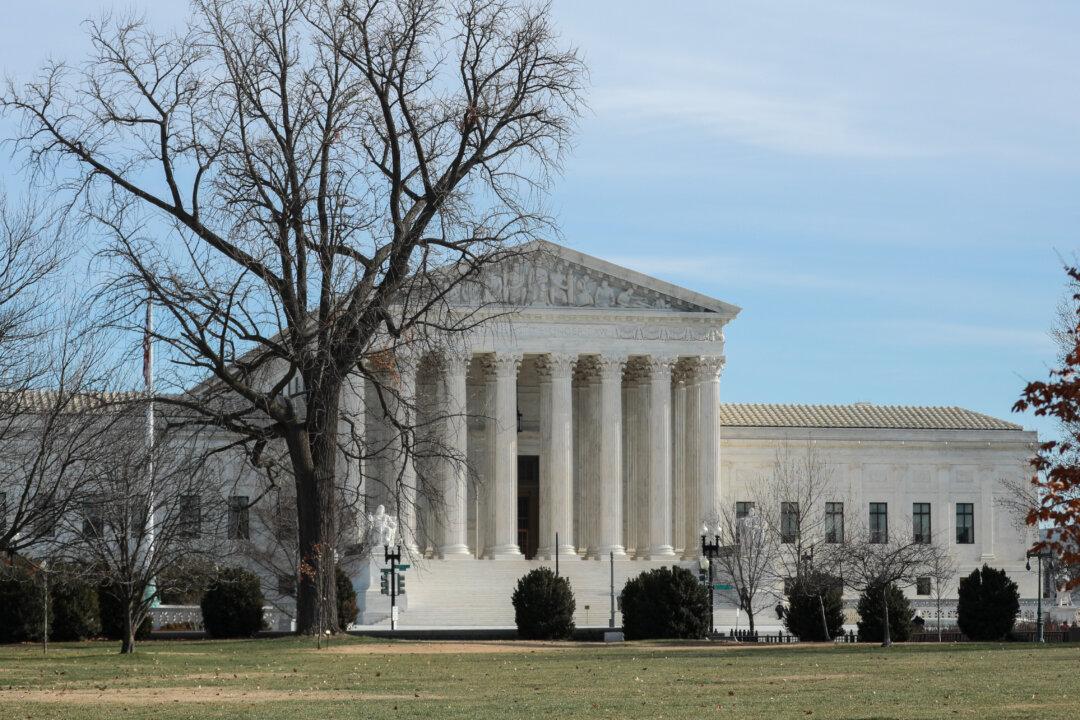WASHINGTON—Plaintiffs asked the Supreme Court on Feb. 24 to rule that the Foreign Sovereign Immunities Act may be applied retrospectively to impose punitive damages on the African nation of Sudan, which the United States has officially placed on its list of state sponsors of terrorism.
The case, cited as Opati v. Republic of Sudan, is unusual because the plaintiffs are seeking compensation not just for Americans killed and injured in al-Qaida’s 1998 deadly truck bombings of U.S. embassies in Dar es Salaam, Tanzania, and Nairobi, Kenya, but also for non-U.S. citizen employees who worked for those diplomatic missions. The attacks left more than 200 people dead and thousands injured. About 600 people have signed on as plaintiffs to the lawsuit.





